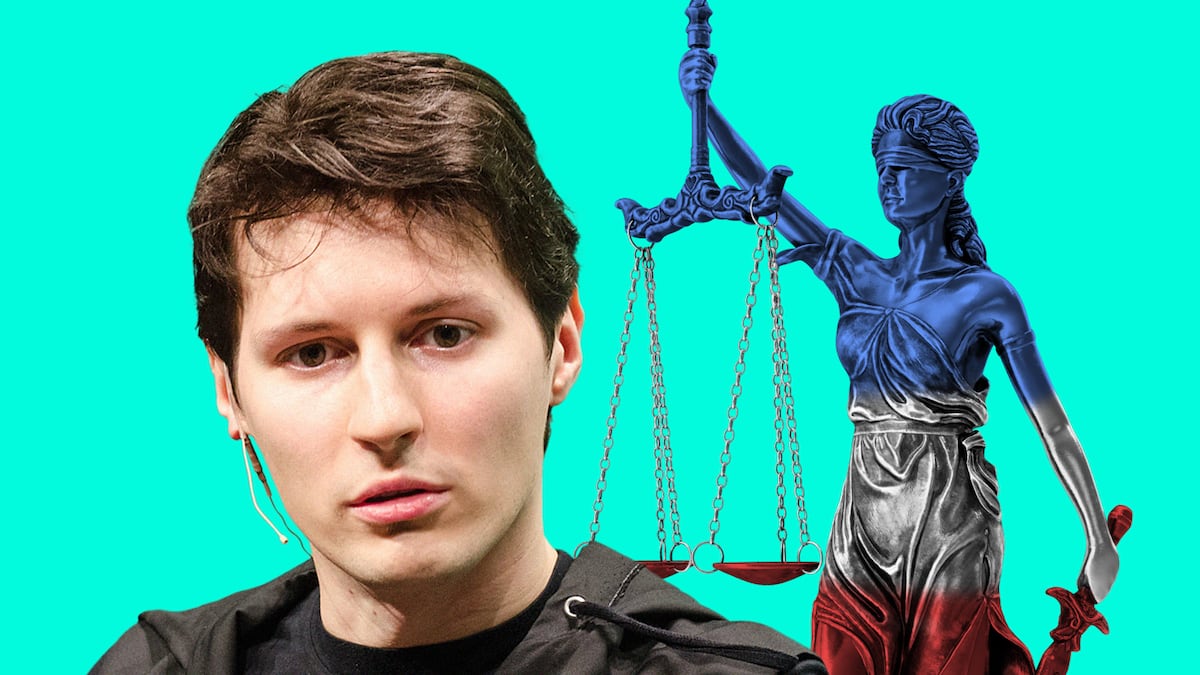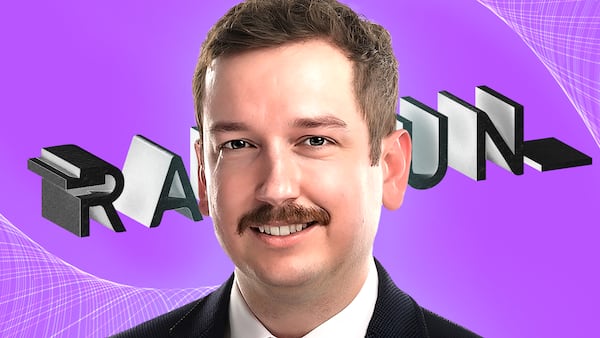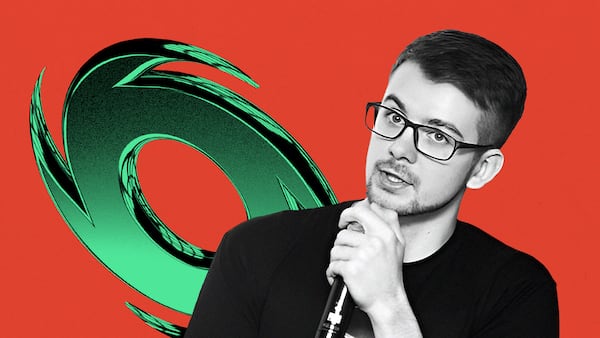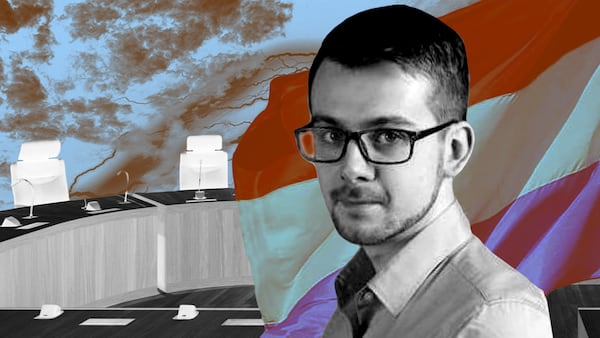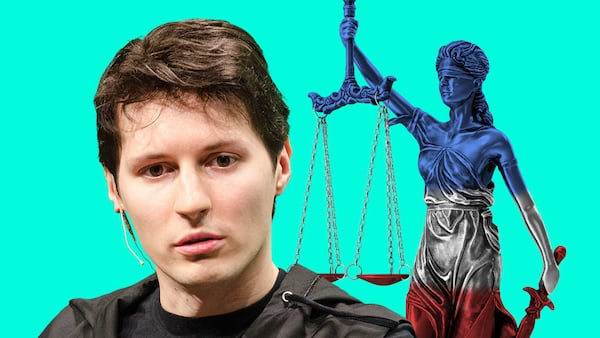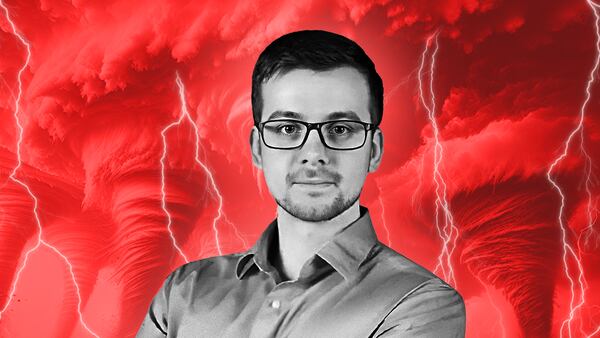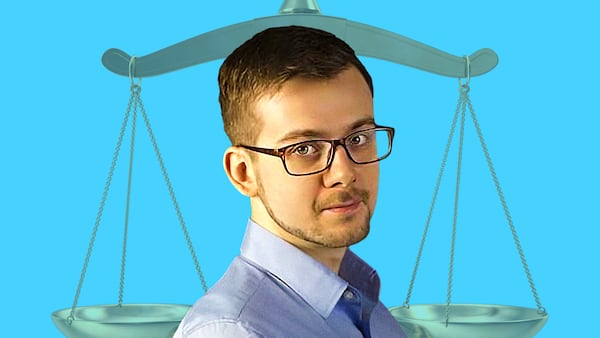- French authorities have drawn a clear line between free speech and corporate responsibility.
- Crypto experts say the case augurs huge changes for the industry's culture and practices.
- Devs will come under more pressure to be accountable for their handiwork.
Crypto devs better watch out — they may very well be legally responsible for how their handiwork is used by others.
That’s the upshot of the indictment of Pavel Durov, Telegram’s billionaire CEO, this week in France, say privacy experts.
By attempting to hold Durov accountable for alleged illegal activity on Telegram, the case thrusts developers’ responsibility over how their products are used back into the spotlight.
“I feel like the Telegram situation is a one-two punch when combined with the Tornado Cash situation,” Taylor Monahan, lead security researcher at crypto wallet provider MetaMask, told DL News.
“It’s scary because it puts the onus on the builders to foresee and to know everything their users are doing and then stop them from doing it.”
Huge stakes
Telegram has denied the French authorities’ allegations against Durov and said it complies with European Union laws.
The stakes in the case are huge, especially for crypto.
Dubai-based Telegram has 950 million users worldwide, and it has become a fixture in the digital assets ecosystem by providing channels that enable millions of people and ventures to collaborate and communicate.
From the beginning, the company heralded its don’t ask, don’t tell approach to user activities as key feature of its business model.
And for years, the line where tech product development ends and legal responsibility begins has been fuzzy.
Then in March, a Dutch court convicted Alexey Pertsev, the onetime dev at the crypto mixer Tornado Cash, in a $2.2 billion money laundering case and he was later slapped with a five-year prison sentence.
It didn’t matter that Pertsev hadn’t directly laundered any illicit proceeds himself — managing a site that facilitated the activity was enough.
‘It’s scary because that is the state mandating that every builder is a highly invasive Web2 company.’
— Taylor Monahan, MetaMask
Now Durov, 39, a dual citizen of France and the UAE, is facing a similar case.
A French court on Wednesday charged Durov for allegedly failing to prevent criminals from using the popular social media platform to commit crimes ranging from child sex abuse to narcotics sales to fraud.
Rather than cooperate with French law enforcement authorities on investigating these crimes, Telegram declined to provide information, according to a statement from French prosecutors.
Free speech
Telegram’s supporters, including Elon Musk, have scrambled to frame the case as an attack on free speech. Telegram’s business model, after all, is predicated on the idea that the platform is a wide open marketplace of ideas with no censorship, for better or worse.
But that idea clashes with longstanding legal doctrine that prioritises cooperation with law enforcement over business models, product design, or technological features such as smart contracts.
Moreover, as far as business models go, Tornado Cash may actually be in a stronger position because it’s decentralised and continues to operate today. Telegram, by contrast, is largely controlled by Durov and is far closer to a traditional model such as Whatsapp.
“Both WhatsApp and Telegram are centralised in a set of servers where the company in charge has absolute control of those servers,” Harry Halpin, CEO of blockchain-based privacy firm Nym Technologies, told DL News.
This makes it easier for management to moderate illegal, or offensive content, and shut down or censor accounts.
‘Hard to detect’
Because WhatsApp and Telegram aren’t open-source — meaning their code isn’t publicly viewable — governments could spy on users, Halpin said.
“It would be hard to detect,” he said.
While fear of state surveillance has long animated crypto culture, prosecutors appear to be finally drawing a red line.
In Pertsev’s trial, a Dutch judge condemned the dev for not responding to authorities seeking information or action about illegal actions on the mixer.
“That’s roughly equivalent to the state mandating that every builder is a highly invasive Web2 company by design, from day one,” Monahan told DL News.
Crypto channels
Telegram remains crucial for an industry that prides itself on decentralisation.
Over-the-counter markets, like offx and SecondLane, are built directly into Telegram.
Budding projects’ communication campaigns rely heavily on the thousands of crypto channels to reach their audiences. The messaging app integrated a crypto wallet and in-app crypto payments this year.
“Telegram is no longer just a messaging platform,” Reuben Yap, a steward for privacy project Firo, told DL News.
As the case moves forward, Telegram’s fortunes and position in the market will probably shift.
Monahan said the case has already caused considerable damage.
“It’s a very bad path that will lead to immeasurable harm in terms of personal freedoms and privacy,” she said.
As cherished as those ideals may be, law enforcement authorities seem intent to mark the border where combating organised crime trumps the ethos of the crypto industry.
Liam Kelly is a Berlin-based reporter covering DeFi for DL News. Got a tip? Email him at liam@dlnews.com.
